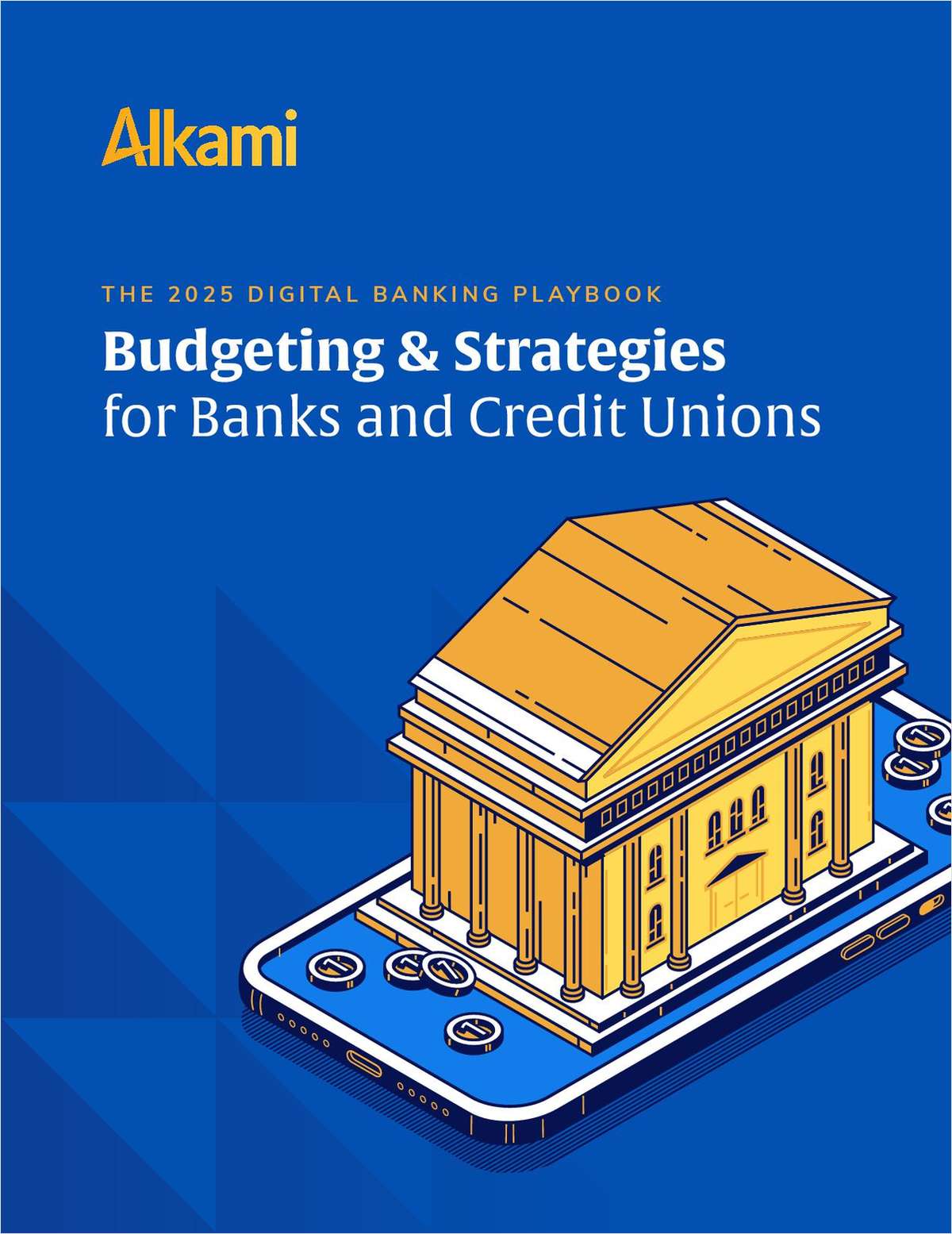MONTVALE, N.J. - In a move that appeared to prove once and for all that the proposed merger of their parent companies will not take place, NYCE, in which First Data Corporation is the largest stockholder, has taken Concord EFS, the owner of the STAR network, to court. In its complaint, NYCE has alleged that STAR breached long-standing agreements regarding processing rules that NYCE had established with other networks which STAR acquired. NYCE spokesman Jeremy Zuck confirmed that the suit is a result of the recent agreement between the U.S. Justice Department, NYCE and Concord which blocked NYCE and STAR from becoming divisions of the same parent. A merger of the Denver-based First Data and Memphis-based Concord would have allowed that company to control too great a percentage of the market for debit transactions in which a cardholder uses a personal identification number, according to the Justice Department which sued to block the merger on anti-trust grounds. The parties to the Justice Department lawsuit announced the compromise that would allow First Data and Concord to merge on the condition that First Data divested itself of NYCE in mid-December 2003. Zuck explained that NYCE had held off on pressing its complaint in court in the hope that the impending merger would mean the two companies could have resolved the dispute internally once they were part of the same company. The blocked merger combined with an inability to resolve the issue in negotiations resulted in the case going forward, he acknowledged. Zuck also acknowledged that the dispute behind the case had been ongoing for almost a decade. In 1993, NYCE's predecessor, the New York Switch Corporation, settled unfair competition litigation with two other networks in a compromise, NYCE asserted in background material to the case. In that compromise the parties agreed that in order to create and maintain an open and flexible business environment between their respective EFT networks, they would begin using "issuer choice" rules for routing transactions from the so-called point-of-sale. The settlement was designed to guarantee that the routing choice of issuers participating in both networks would be honored by the networks, and each network agreed that the card issuer would have the authority to determine the primary EFT network that its customers' debit transactions would use. Three years passed and Concord EFS purchased both of the other networks with whom NYCE had this compromise agreement, eventually subsuming them into the STAR network. For a time after their purchase, NYCE maintained, Concord appeared to honor the former agreements but NYCE maintained that, beginning in 2001, STAR began to insist the card issuers who were part of its network process their POS transactions solely through STAR thus abrogating the previous agreement to allow the card issuers to choose which network to use for processing. "In competing with the STAR-branded network and its peer networks, NYCE has neither limited its participants' ability to participate in multiple networks nor dictated their routing choice for transaction processing," said James Judd, an executive vice president with NYCE. "We believe that networks can, and should, compete on factors such as economic value and product performance and that this competition should not be constrained. Concord is, in effect, legislating routing in the segment of the industry that is experiencing the most growth - PIN debit purchases at the point-of-sale," he added. Not surprisingly, Concord saw it differently and charged NYCE with trying to apply standards it had negotiated with smaller groups of card issuers to the many now belonging to STAR. "Contrary to the claims made in the NYCE complaint, Concord is in full compliance with all provisions of the 1993 agreement with NYCE," said Ronald Congemi, president of Concord Network Services. "The STAR network routing rules were specifically amended to support the NYCE agreement when STAR was acquired by Concord in 2001. STAR's network rules, which are established by its member financial institutions, support an open and flexible business environment that allows for collaboration, cooperation, and the resolution of issues when conflicting network rules come into play," he added. -
Complete your profile to continue reading and get FREE access to CUTimes.com, part of your ALM digital membership.
Your access to unlimited CUTimes.com content isn’t changing.
Once you are an ALM digital member, you’ll receive:
- Breaking credit union news and analysis, on-site and via our newsletters and custom alerts
- Weekly Shared Accounts podcast featuring exclusive interviews with industry leaders
- Educational webcasts, white papers, and ebooks from industry thought leaders
- Critical coverage of the commercial real estate and financial advisory markets on our other ALM sites, GlobeSt.com and ThinkAdvisor.com
Already have an account? Sign In Now
© 2025 ALM Global, LLC, All Rights Reserved. Request academic re-use from www.copyright.com. All other uses, submit a request to [email protected]. For more information visit Asset & Logo Licensing.









